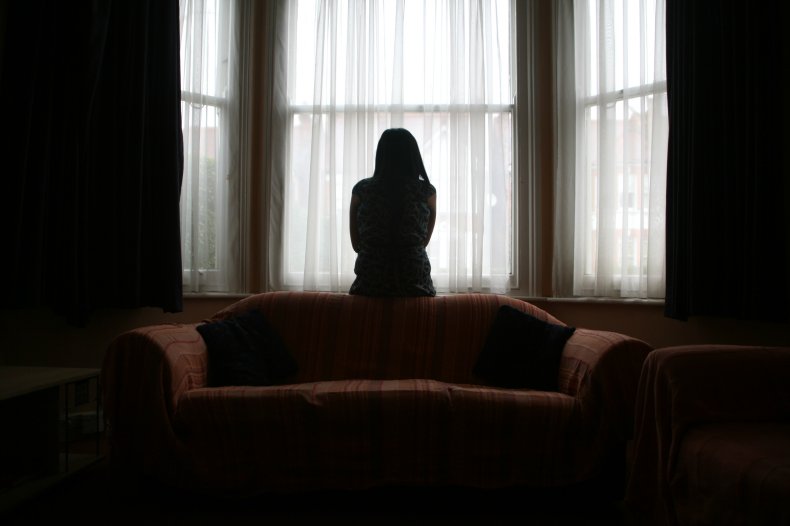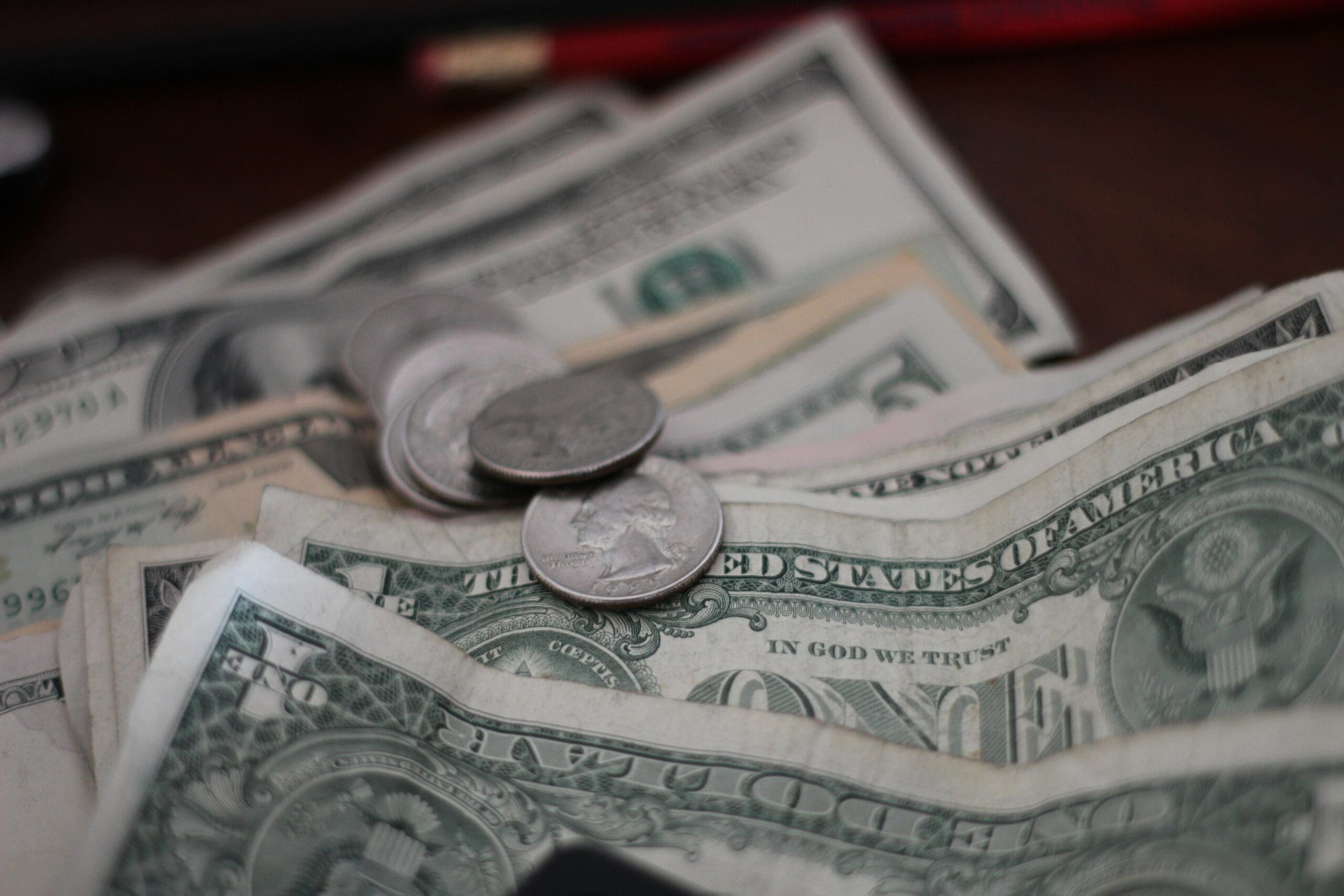One universal truth holds both pre-pandemic and now: The number one obstacle to escaping an abuser is financial insecurity.
This article contains descriptions and discussion of violence and abuse.
Opinion by Stacey Rutland, founder of Income Movement
When I was 7 years old, my mom woke my sister and me in the middle of the night and told us to pack our belongings into the black garbage bags she handed to us. “And be as quiet as you can,” she told us. We were leaving our abusive stepfather for the first of what would become many times. That night, we drove 200 miles to a close family friend who had offered us her living room couch as a safe space to regroup.
Four years later, the same stepfather left us. After beating our mom, he abandoned us in a home with rent we couldn’t afford without him. It was winter, and our heating bills skyrocketed. Free lunch at school was the primary nourishment for my sister and I during those cold months.
Over the past months, I have imagined what these two crisis moments for our family would have looked like if there had been a quarantine-in-home order and a pandemic raging across the globe.
But millions of women and children don’t have to imagine it; they are living it right now, with dire consequences.
The increased stress that comes from more time spent at home during the pandemic has led to massive spikes in domestic violence, a crime in which women are victims 85% of the time. Early pandemic data shows that in some areas, domestic violence homicides have more than doubled.
Less alone time has also made it harder for victims to access help, as they are unable to escape the watchful eyes of their abusers (the National Domestic Violence Hotline’s website has a quick-exit button on every page to address this devastating reality).
But one universal truth holds both pre-pandemic and now: The number one obstacle to escaping an abuser is financial insecurity.
Our federal leaders have an opportunity in front of them. They can move forward with a standard solution for financial support during this pandemic. Or they can recognize our current reality and build legislation that addresses the needs of those most at risk, those our systems have pushed to the farthest margins. By doing so, they can design a solution that takes care of nearly everyone—including women and children facing quarantine with an abuser.
What does such a program look like? To combat the financial control abusers exert over domestic violence victims, relief measures should use distribution methods that limit an abuser’s ability to isolate his victims by denying him access to existing bank accounts and credit cards. Rep. Rashida Tlaib’s Automatic Boost to Communities Act outlines the use of pre-loaded debit cards that are unique and specific to stimulus support.
This means women would receive their own cards with their own money.
Rep. Tlaib’s proposal outlines distribution of cards via easily accessible public locations, further ensuring funds get into the hands of their intended recipients.

Monthly $2,000 checks for the duration of this pandemic would also provide a critical lifeline to victims of domestic abuse. Most abuse survivors have only $250 in savings. These were the findings of a recent report by FreeFrom, a group that focuses on the nexus of intimate partner violence and economic security that has given out thousands of cash grants to survivors throughout the pandemic. Abuse survivors are also four times more likely than the average adult to have faced food or housing insecurity in the past year.
Survivors report the pandemic has made things worse, from the stress of having fewer financial resources to slowed court proceedings delaying critical income like child support.
FreeFrom also found that the average survivor needs just $730 right now to stay safe. Stop and think about that for a moment. In a country that can find billions for corporate bailouts and trillions in tax cuts for the wealthy, it is nothing short of shameful to ask women and children to quarantine in abusive conditions for lack of money.
Instead, what if this economic crisis and health pandemic became an opportunity for women and children to leave a violent situation? What if our leaders wrote legislation that would consider these most vulnerable members of our community?
What if this pandemic was, instead of a prison sentence for these women, an opportunity for independence and freedom?
One $2,000 deposit onto an accessible debit card would pull them out of harm’s way. Recurring checks throughout the pandemic would make sure they have the financial security to stay safe and build new lives. And it would help the vast majority of those facing economic precarity during this pandemic as well.
I know that access to financial resources would have given my mother the ability to leave my stepfather far sooner. I cannot change that for her. But I can fight to make sure that families in the same situation today have the economic security that paves their path to safety.
I should not be alone in this fight. I urge the Biden administration and Congress to join me and protect our country’s most vulnerable by providing a literal lifeline to those who need it most. Pass legislation for monthly stimulus checks today. Support those who need it most during this devastating time.
Stacey Rutland is the founder of Income Movement, an organization that’s been at the forefront of the fight for recurring stimulus checks.
_____
To see original article please visit: https://www.newsweek.com/domestic-violence-pandemic-within-pandemic-direct-stimulus-checks-would-help-opinion-1570623




















